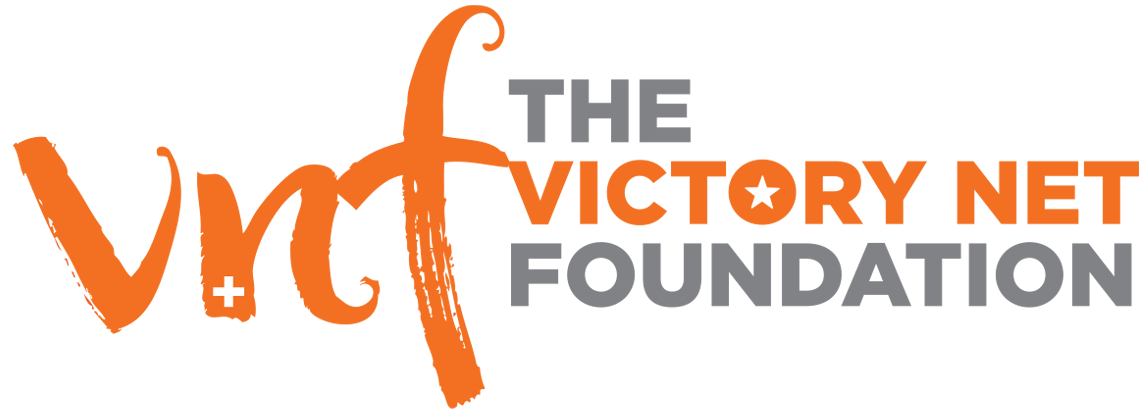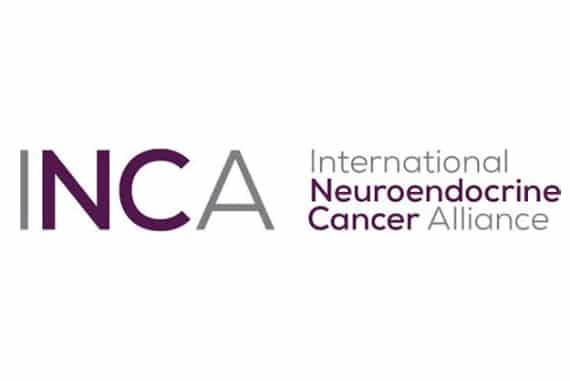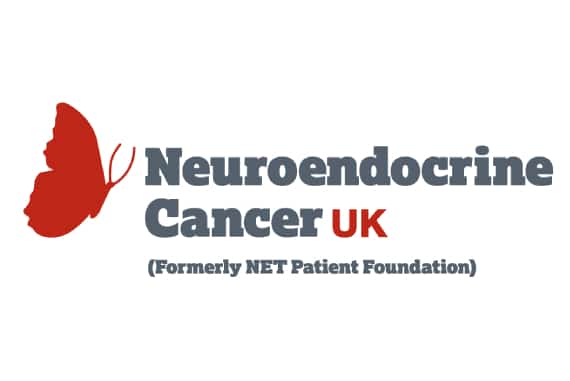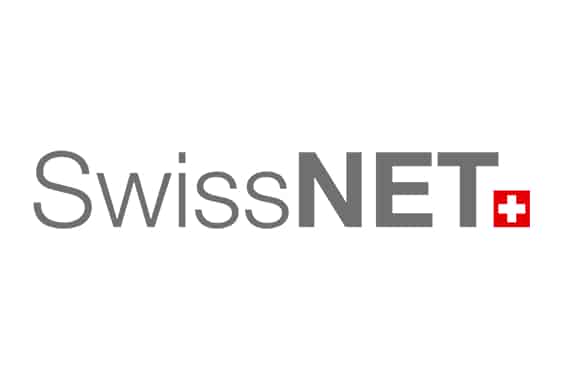About us
OUR MISSION
The Victory NET Foundation is a non-profit organisation based in Geneva (Switzerland) that is actively involved in the field of neuroendocrine tumours.
Our mission spans three main areas:
INFORM – TRAIN – SUPPORT
By working closely with various organisations across Europe, the Victory NET Foundation develops projects aimed at informing, connecting and supporting NET patients, their loved ones and the medical profession.
The NET Handbook, written in partnership with Neuroendocrine Cancer UK and the medical profession, is a comprehensive manual for those seeking to learn about neuroendocrine tumours (NETs). It offers simple and clear explanations of the different types of NETs and their effects on a patient’s physical and mental health. It also gives advice on how to improve the daily lives of patients as well as their loved ones, who are also usually emotionally affected.
Victory NET also sponsors the initiative of Neuroendocrine Cancer UK led by Catherine Bouvier (CEO), which has set up an online training course for specialist NET nurses based in Europe. This programme aims to train medical staff in patient care, from assistance to daily monitoring.
The Victory NET Foundation is heavily involved in research into the treatment of neuroendocrine tumours. Thanks to donations and fundraising, it not only finances research and training programmes but also clinical trials with patients.
Victory NET’s main goal is to raise awareness and inform the public about NETs, since too few people are aware of this form of cancer.
The Victory NET Foundation is, first and foremost, the result of three intertwined destinies: those of Alexander Masters (writer – United Kingdom), Professor Magnus Essand (University of Uppsala – Sweden) and Vince Hamilton (American businessman based in Geneva – Switzerland).
In 2010, Alexander Masters found out that one of his close friends had a neuroendocrine tumour (NET), a rare form of cancer that wasn’t well documented. Whilst scouring the internet, the press and scientific journals in search of information and alternative treatments, he came across a publication mentioning a NET treatment that was being developed at the University of Uppsala (Sweden) under the direction of Professor Magnus Essand.
The treatment in question was an oncolytic virus – a genetically modified virus that hunts down cancer cells in the human body in order to infect and then kill them. Keen to find out more about this research and the virus whose development had been put on hold due to a lack of financial resources, Alexander Masters went to Sweden to meet Professor Essand. Alexander began fundraising to enable Professor Essand to take his research to the next level and move from animal experimentation to trials on human patients. In 2012, the Financial Times, a British daily economics and business newspaper, published an article on Alexander Masters’ fundraising efforts.
The article sparked the interest of Vince Hamilton. This geologist and researcher sought to satisfy his curiosity and thirst for knowledge by devoting a large part of his time to researching the disease with which he had been diagnosed a few years earlier, neuroendocrine cancer.
He contacted Alexander Masters and the two men quickly became friends. Vince Hamilton responded to the request for funds by making a generous donation, thus enabling Professor Essand’s teams to resume their anti-NET research and clinical trials at the University of Uppsala.
The first patient trials were finally possible, but, unfortunately, neither Vince Hamilton nor his dear friend Alexander Masters were able to witness them.
Vince Hamilton, who succumbed to the disease in 2014, gave his name to the ” AdVince ” anti-NET virus developed by Professor Essand, and, together with his wife, Mona, founded the Victory NET Foundation – Victory over NETs .
MEMBERS
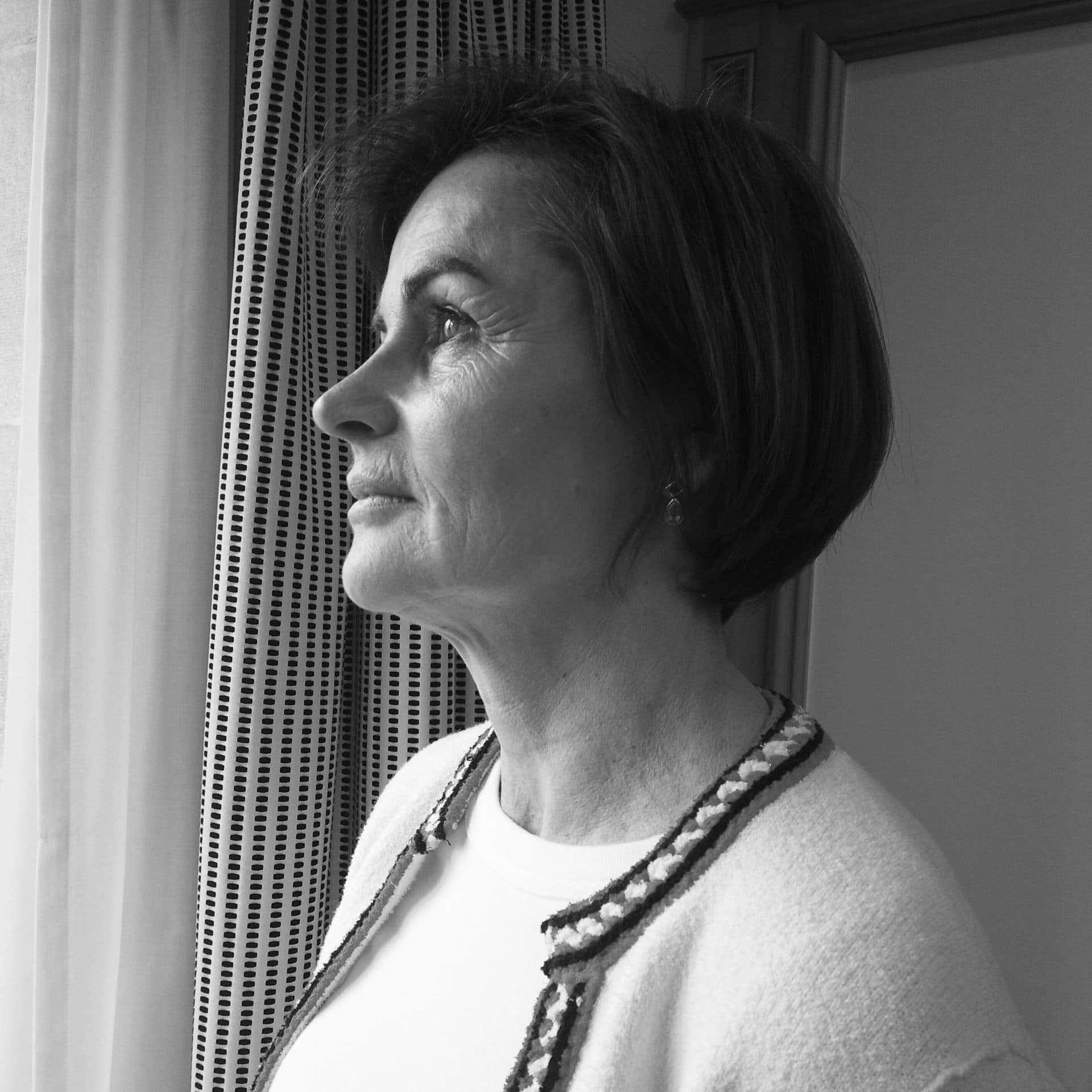
Mona Hamilton
President
Mona Hamilton is a geologist, just like her husband Vince Hamilton. She supported and advised her husband throughout his illness. Since 2015, Mona has been leading the Victory NET Foundation in his memory by sharing her experiences in the field with other patients and their families as well as by supporting medical initiatives related to neuroendocrine tumour (NET) treatments.
Mona is also actively involved in INCA, the International Neuroendocrine Cancer Alliance, and coordinates their initiatives in Switzerland.
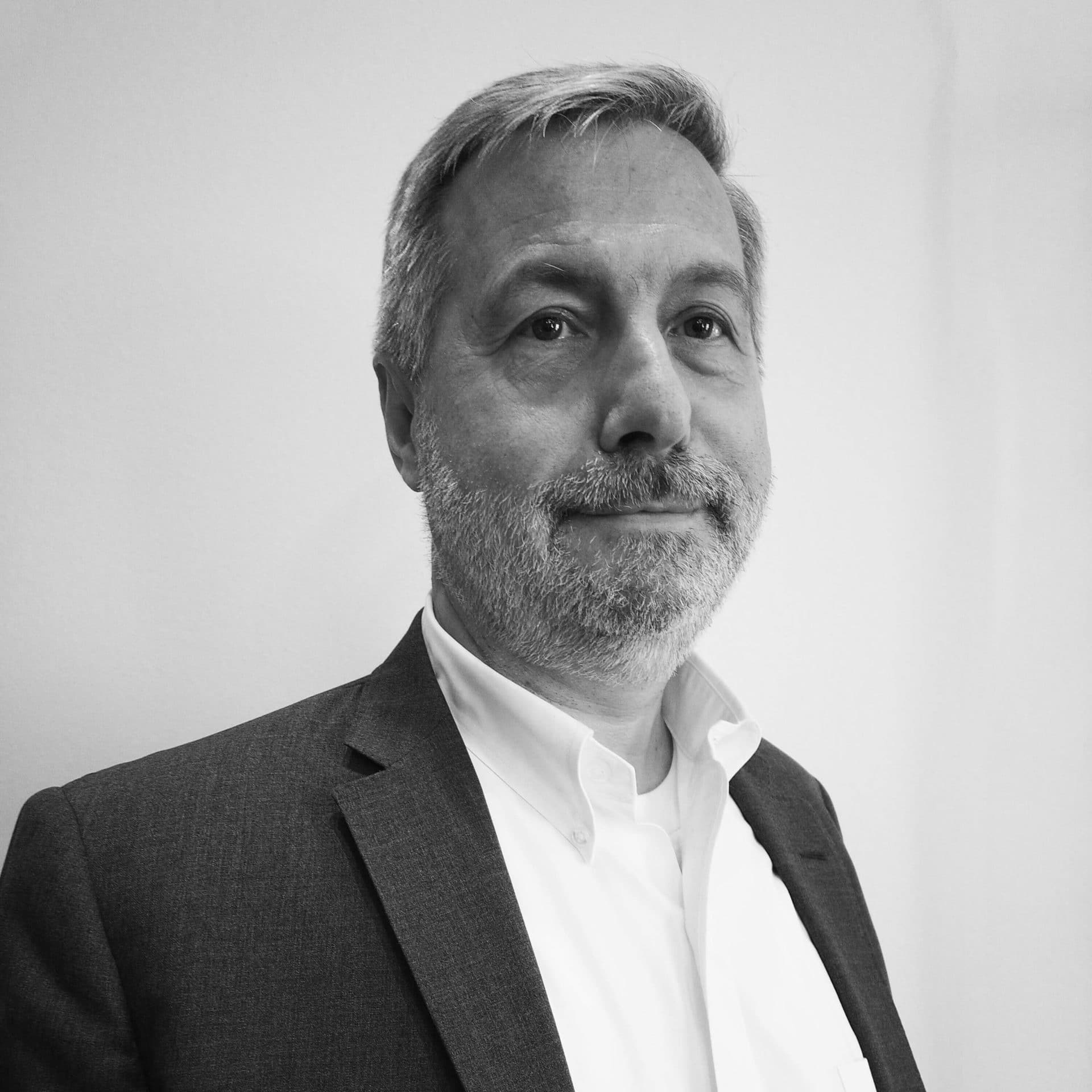
James Nagelmackers
Vice President
As a close friend of Vince Hamilton, the founder of the Victory NET Foundation, James Nagelmackers has helped define the Foundation’s goals. He now acts as Vince’s representative and ensures his wishes are upheld. James supports the strategic initiatives developed by Mona Hamilton, President of the Board, as well as her three offspring, who are members of the Board.
These initiatives are primarily aimed at supporting research into medical solutions, as well as providing care and support for NET patients and their families.

Dr Françis Meier
Member
A specialist in general internal medicine and hospital emergency medicine (SSMUS), a member of FMH (Swiss Medical Association) and Head of the Emergency Care Department at La Tour Hospital (Geneva, Switzerland), Dr Francis Meier monitored and supported Vince Hamilton during the last two years of his fight against the disease.
He brings his medical expertise to the Foundation.
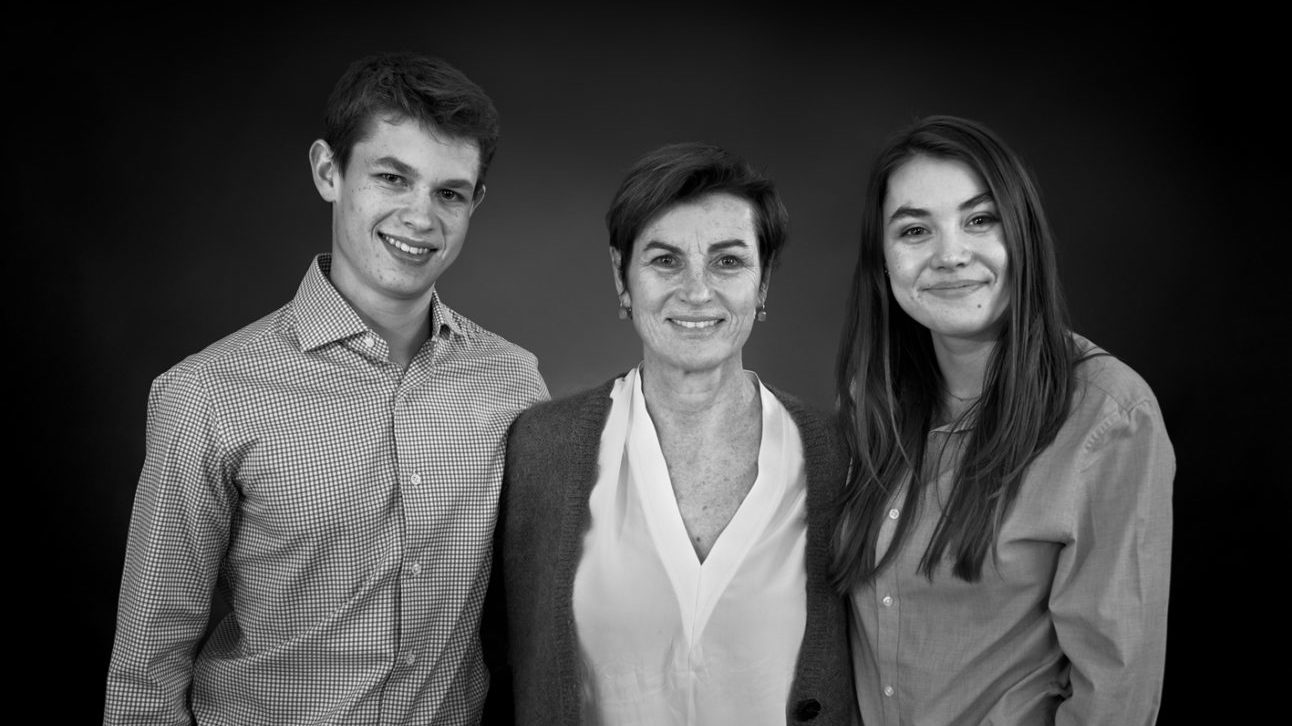
Emma, Hugo and Oscar Hamilton
Members
Vince and Mona Hamilton’s three offspring – Emma, Hugo and Oscar – all became involved in Victory NET as Foundation Board members when they came of age.
Whilst being fully committed to their respective studies and early careers, they keep up to date with the initiatives of the Foundation created in their father’s memory and bring a fresh perspective to the strategic decisions initiated by the Board, all in preparation for taking the helm one day.
OUR PARTNERS
International Neuroendocrine Cancer Alliance (INCA)
The International Neuroendocrine Cancer Alliance (INCA) is the global voice of all patients with NETs, their loved ones and specialist carers. INCA’s mission is to raise awareness about all types of NETs and promote scientific advances focused on identified yet unmet needs. INCA also provides an international collaborative platform, which aims to meet the various challenges faced by NET patients and the entire medical profession.
INCA supports research into the development of treatments and cures for all forms of neuroendocrine cancer and aims to share best practices and experience in patient care with member organisations and other groups fighting neuroendocrine cancer throughout the world.
In April 2019, the Victory NET Foundation joined forces with INCA and became the Swiss national NET organisation.
Neuroendocrine Cancer UK ( NCUK)
Neuroendocrine Cancer UK (previously the NET Patient Foundation – NPF) is a charity based in the UK specialising in neuroendocrine tumours. It provides information and advice to those affected by neuroendocrine tumours. NCUK also offers community support to patients, their loved ones and their carers by providing information and training healthcare workers. The charity also raises money for clinical and translational research.
NCUK is headed by Catherine Bouvier, a nurse specialising in neuroendocrine tumours. Based at the Royal Free Hospital (London), she has been responsible for supporting, informing, coordinating and managing the daily care of NET patients for many years. Her experience in the field working alongside patients and their loved ones means that she now acts as a representative and spokesperson for nurses within the medical community.
She now devises and oversees the training of specialist NET care workers.
SwissNET
Created in 2005, SwissNET, the Swiss registry for neuroendocrine tumours, is a Swiss association responsible for recording all the scientific data relating to NET patients in Switzerland. Specialists in the treatment of neuroendocrine tumours, namely surgeons, endocrinologists, oncologists, nuclear medicine doctors, pathologists and gastroenterologists, form a powerful national network capable of answering questions relating to neuroendocrine tumours using this scientific data.
The data collection focuses on the following tumours: stomach, duodenum, pancreas, small intestine, colon, rectum and lungs and serves as a database for epidemiological research. Eventually, the association will conduct both retrospective and prospective studies.
The association also publishes an annual report, dedicated to scientific advances and general information on NETs.
